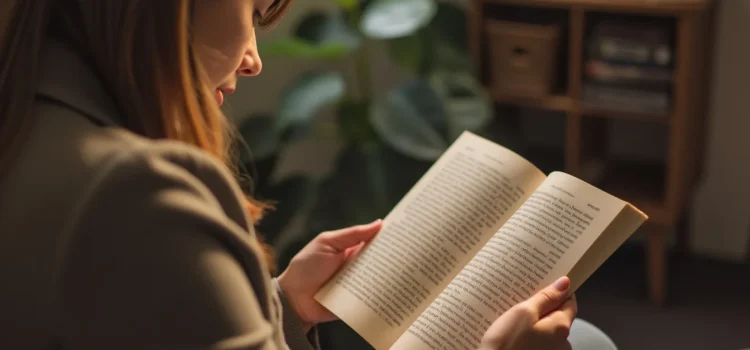What’s the real impact of choosing one partner for life? How does our biology align with society’s expectations about relationships? Psychologist Dr. Shefali Tsabary challenges traditional views on marriage and partnership, offering fresh perspectives on human connection and commitment. She believes that science and history reveal important insights about our natural capacity for lasting partnerships. Continue reading to learn about the disadvantages of monogamy and why non-monogamy resonates with some people.
The Disadvantages of Monogamy & the Case for Non-Monogamy










